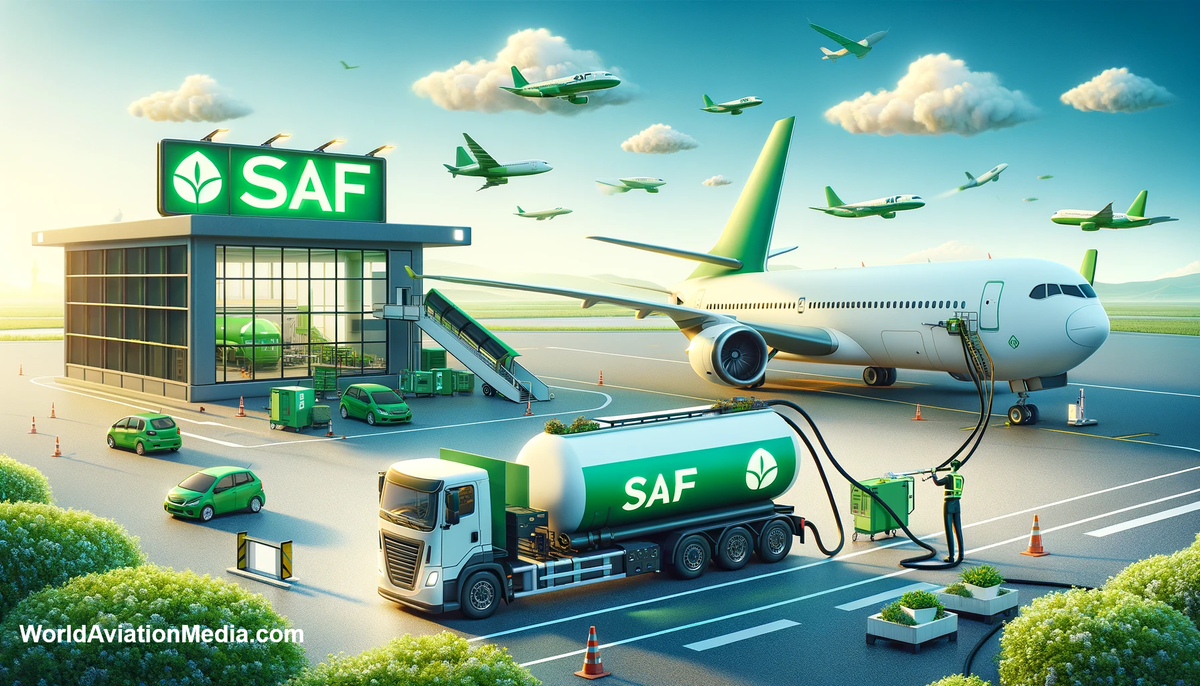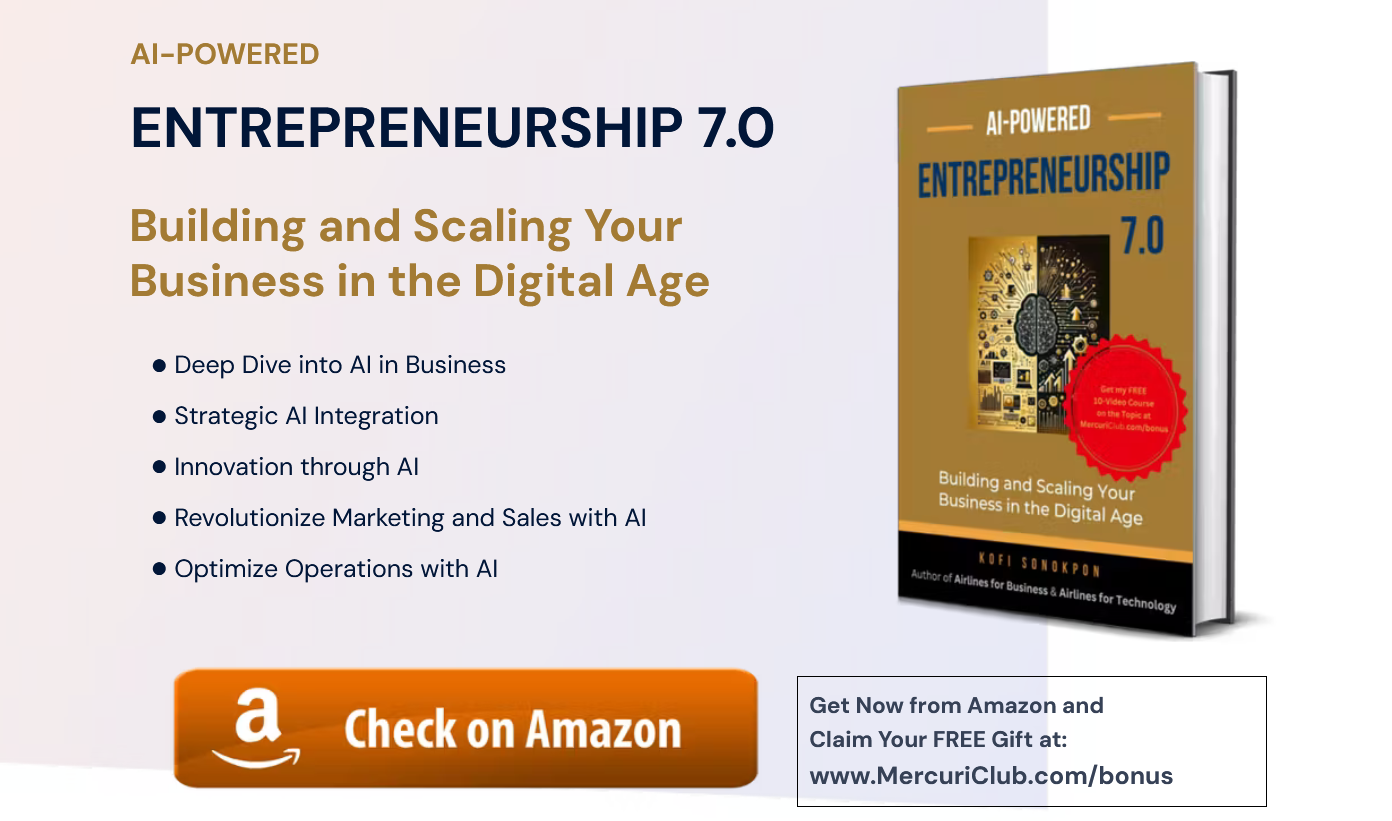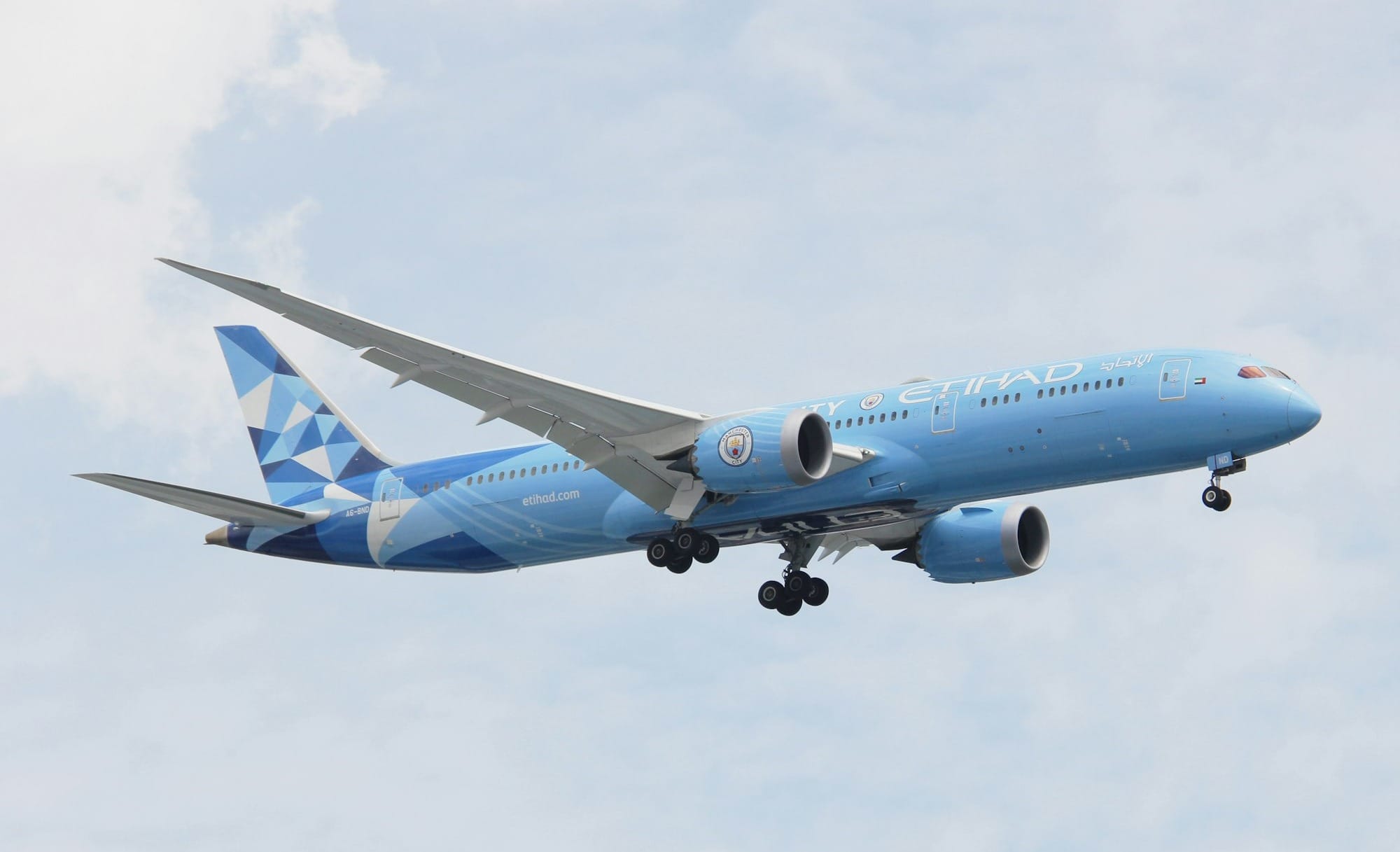Rolls Royce Spearheads Aviation Sustainability with 100% SAF Tests on Pearl Engines
The aviation industry has long been scrutinized for its environmental impact, primarily due to its reliance on fossil fuels. However, the tide is turning with the introduction of Sustainable Aviation Fuel (SAF).


Rolls Royce Spearheads Aviation Sustainability with 100% SAF Tests on Pearl Engines
Key Takeaways:
- Rolls Royce has successfully tested 100% Sustainable Aviation Fuel (SAF) on its Pearl 15 and Pearl 10X engines.
- The advancement in SAF usage represents a significant step towards decarbonizing the aviation industry.
- The Pearl series engines are at the forefront of combining performance with environmental sustainability.
Sustainable Aviation Fuel (SAF)
The aviation industry has long been scrutinized for its environmental impact, primarily due to its reliance on fossil fuels. However, the tide is turning with the introduction of Sustainable Aviation Fuel (SAF). SAF is a cleaner-burning fuel made from sustainable resources, such as waste oils from biological origin, agriculture, or forestry. Unlike traditional jet fuel, SAF can reduce carbon emissions significantly, making it a critical component in the journey towards a greener future for aviation.
Rolls Royce, a name synonymous with engineering excellence, has recently announced a breakthrough in aviation technology. The company's latest generation of business aviation engines, the Pearl 15 and the Pearl 10X, have completed rigorous testing with 100% SAF, marking a monumental step in the industry's efforts to decarbonize.
The Pearl 15 and Pearl 10X Engines
The Pearl 15 and Pearl 10X engines are the latest additions to Rolls Royce's esteemed business aviation engine portfolio. Designed with advanced technology, these engines offer enhanced performance, efficiency, and environmental sustainability. The Pearl 15 is known for its exceptional power-to-weight ratio, while the Pearl 10X boasts innovative features that set new standards in the business aviation sector.
The successful completion of tests with 100% SAF on these engines demonstrates Rolls Royce's commitment to innovation and its proactive approach to addressing climate change. By proving that these engines can operate with SAF without compromising performance, Rolls Royce is leading the charge in the transition to more sustainable aviation practices.
Advertising
The Significance of SAF in Aviation
The use of SAF is a game-changer for the aviation industry. It provides a viable alternative to conventional jet fuel, significantly reducing the carbon footprint of air travel. SAF can cut carbon emissions by up to 80% over its lifecycle compared to traditional jet fuel when produced using renewable energy and sustainable feedstocks.
Rolls Royce's successful tests signify a major advancement in the adoption of SAF. By showcasing the compatibility of SAF with existing engine technology, Rolls Royce is paving the way for broader industry acceptance and use of this eco-friendly fuel.
The Testing Process and Results
Rolls Royce's testing process for the Pearl 15 and Pearl 10X engines was comprehensive, ensuring that the engines performed to the highest standards with 100% SAF. The tests evaluated various performance metrics, including fuel efficiency, emissions, and operational reliability. The results were clear: both engines operated seamlessly with SAF, meeting all performance and safety criteria.
This achievement is not only a testament to the quality of Rolls Royce's engines but also to the viability of SAF as a substitute for conventional jet fuel. The successful tests are a promising indicator that the aviation industry can maintain high performance while transitioning to more sustainable fuel options.
The Role of SAF in Decarbonizing Aviation
Decarbonizing aviation is a complex challenge that requires innovative solutions like SAF. By reducing reliance on fossil fuels, SAF plays a crucial role in the industry's efforts to lower its carbon emissions. The successful tests of the Pearl 15 and Pearl 10X engines with SAF are a significant milestone in this journey.
Rolls Royce's commitment to SAF is part of a larger industry movement towards carbon-neutral growth. As more companies invest in SAF research and development, the potential for a widespread shift to sustainable fuel in aviation becomes increasingly realistic.

The Environmental Impact of SAF
The environmental benefits of SAF are substantial. By significantly reducing greenhouse gas emissions, SAF contributes to the fight against climate change. Moreover, because SAF can be produced from renewable resources, it promotes a circular economy, reducing waste and encouraging sustainable resource management.
Rolls Royce's successful tests highlight the potential for SAF to make a positive environmental impact on a large scale. As the aviation industry continues to grow, the adoption of SAF will be crucial in mitigating its environmental footprint.
The Economic Implications of SAF Adoption
While the environmental advantages of SAF are clear, its economic implications are also noteworthy. The development and production of SAF create new markets and job opportunities, stimulating economic growth. Additionally, as the demand for SAF increases, economies of scale can lead to cost reductions, making it a more competitive alternative to conventional jet fuel.
Rolls Royce's investment in SAF testing and development not only positions the company as a leader in sustainable aviation but also demonstrates the economic viability of this alternative fuel. As the industry shifts towards SAF, the economic benefits are likely to become more pronounced.

Advertising
Challenges and Opportunities in SAF Development
Despite the promise of SAF, there are challenges to its widespread adoption. Production capacity, regulatory frameworks, and cost are among the primary hurdles. However, these challenges also present opportunities for innovation, collaboration, and policy development.
Rolls Royce's successful tests with the Pearl 15 and Pearl 10X engines serve as a catalyst for further SAF development. By overcoming technical barriers, the company has opened the door for others in the industry to explore the potential of SAF.
The Future of Aviation with SAF
The future of aviation is inextricably linked to the development of sustainable fuels like SAF. With companies like Rolls Royce leading by example, the industry is on a path towards a more sustainable future. The successful tests of the Pearl series engines with SAF are a beacon of hope, signaling that a greener aviation sector is within reach.
As technology advances and the benefits of SAF become more widely recognized, the adoption of this fuel is expected to accelerate. The aviation industry is poised for a transformation, with SAF at the forefront of this change.
Advertising
Summary
Rolls Royce's successful completion of tests with 100% Sustainable Aviation Fuel on its Pearl 15 and Pearl 10X engines marks a pivotal moment in the aviation industry's journey towards decarbonization. The Pearl series engines have proven that high performance and environmental sustainability can go hand in hand. This advancement in SAF technology not only showcases Rolls Royce's leadership in the field but also underscores the potential for SAF to revolutionize the industry, offering both environmental and economic benefits. As the world moves towards a greener future, the role of SAF in aviation will undoubtedly become more significant, with Rolls Royce at the helm of this transformative journey.



